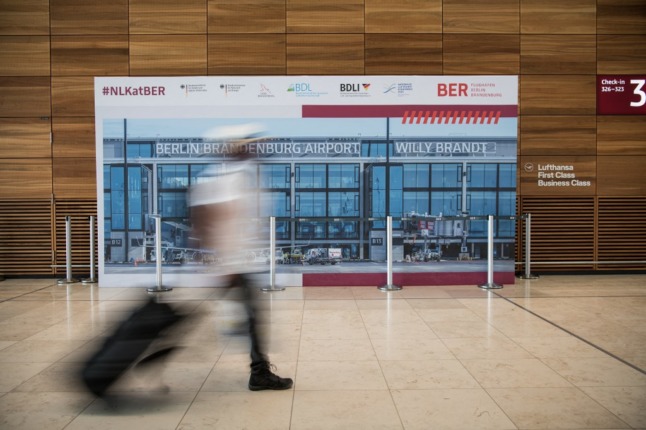“I’m looking at the developments in the UK with great concern,” said Klaus Holetschek, the Bavarian health minister who chaired the health ministers’ conference, according to German media.
“The Omicron virus variant is spreading rapidly there. We therefore need to act consistently and quickly,” he added.
The UK reported over 90,000 new cases of coronavirus on Saturday, setting a record for the third day in a row. This figure included 10,059 new confirmed cases of the Omicron Covid-19 variant.
In Germany, meanwhile, 50,968 new cases were reported on Friday, according to the country’s Robert Koch Institute. As of December 16th, Omicron made up 0.6 percent of cases in Germany.
Germany’s new federal health minister Karl Lauterbach welcomed the regions’ initiative, saying: “The longer we can postpone the time when Omicron takes hold of us the better.”
Holetschek agreed that the spread of the new variant should be delayed as much as possible. “There are still very many patients infected with the Delta variant in intensive care. We must therefore prevent importing the Omicron virus variant in from the countries Germany has designated as areas of variants of concern as best we can,” the CSU politician said.
The resolution, which German media had sight of, included temporarily categorising the UK as an area of variant of concern and requiring negative PCR tests before departure for anyone over the age of six.
These would be necessary for anyone who had spent time in a country designated as an area of variant of concern in the previous ten days and would have to be taken within 48 hours of departure. Antigen tests would no longer be accepted.
The rules should also apply to transfers in German airports.
There are currently no European countries on the Robert Koch Institute’s list of areas of variants of concern. South Africa, where Omicron was first identified, is on the list, as well as countries such as Namibia and Botswana.
Stricter travel and quarantine rules apply to countries on this list, including a compulsory two-week quarantine for both the vaccinated and unvaccinated that can’t be exited early.
The UK is currently considered a high-risk area and, as such, travellers coming from the UK who are not fully vaccinated must quarantine for only ten days and can end their isolation period after five days with a negative test.
Germany has now designated all of its European neighbours except Luxembourg as high-risk areas after adding France and Denmark to the list on Friday.



 Please whitelist us to continue reading.
Please whitelist us to continue reading.
Germany’s genetic sequencing of each PCR test is far lower than that in the UK. There are way more Omicron cases in Germany than official statistics report. Any restrictions on the UK now is too late anyway and would achieve nothing. The Omicron wave is coming and can’t be stopped or slowed down.